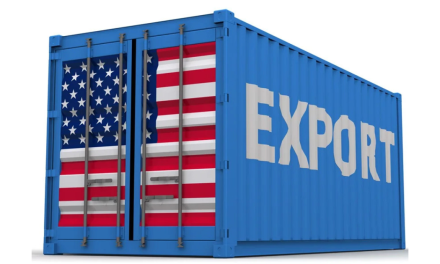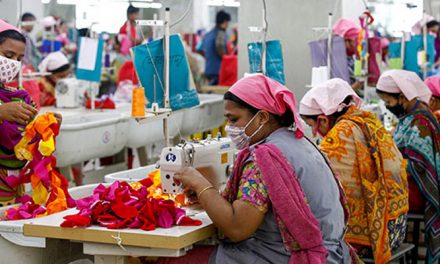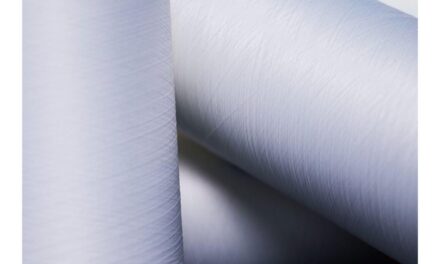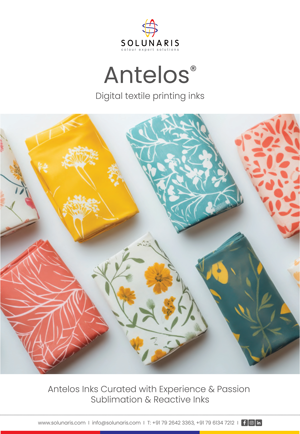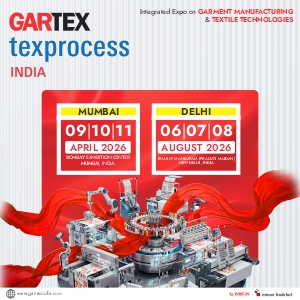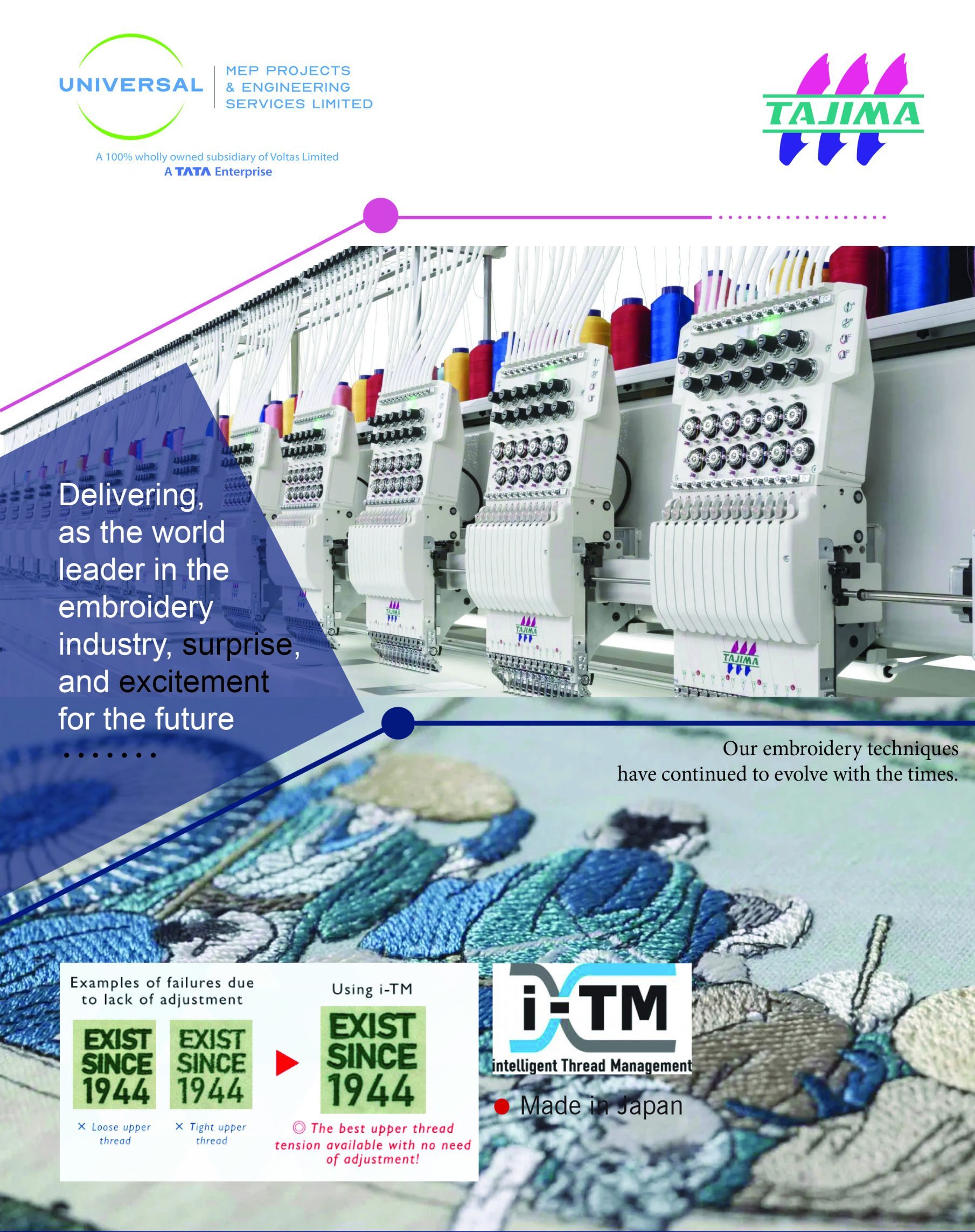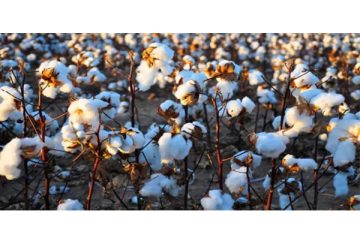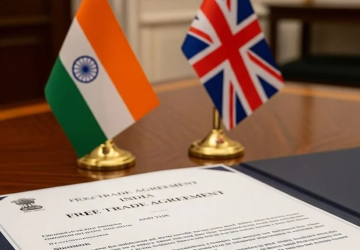
Pakistan is finalizing a five-year Textiles and Apparel Policy as well as a National Industrial Policy aimed at making industry regionally competitive, removing trade barriers and ensuring long-term export growth, Commerce Minister Jam Kamal Khan said.
The textile and apparel sector is Pakistan’s largest export earner, accounting for more than half of the country’s total exports, contributing around 8.5 percent of GDP and employing nearly 40 percent of the industrial labor force. But high energy costs, outdated infrastructure and policy uncertainty have slowed growth and left the country trailing regional peers such as Bangladesh.
“Pakistan must rely on export growth,” Khan said in remarks released by the commerce ministry after a meeting with industry representatives, including the All Pakistan Textile Mills Association (APTMA), where he discussed the new textile policy.
“The government is committed to ensure all decisions are taken in consultation with stakeholders. For the first time, the government and industry are aligned in their determination to revive and enhance momentum of increasing exports.” He added: “We will announce permanent and predictable policies to promote exports.”
Khan said the government would also analyze regional competitors’ policies, citing his recent visit to Dhaka where he observed Bangladesh’s “remarkable success in industrial development and exports of ready-made garments.”
Bangladesh’s ready-made garment sector now generates about $50 billion annually and accounts for nearly 80 percent of its total exports, a scale Pakistan has struggled to match.
Prime Minister’s Special Assistant on Industries and Production Haroon Akhtar Khan said the new industrial policy would extend beyond a few sectors to cover the broader industrial landscape, including energy, tariffs and taxation, financing and economic zones.
“The policy will also include facilitation for Greenfield projects, land-lease models under Public-Private Partnership, and a one-window facility for investor facilitation,” he said, adding that the initiative would “inject new vigor into industrial development” under Prime Minister Shehbaz Sharif’s vision.
APTMA representatives urged the government to remove structural inefficiencies and provide a more enabling environment to improve competitiveness in global markets.
Separately this week, the Pakistan Textile Council (PTC) raised concerns over recent amendments to the Export Facilitation Scheme that removed essential raw materials such as cotton, cotton yarn and grey cloth without specifying tariff codes.
PTC Chairman Fawad Anwar said the ambiguity was causing delays and inconsistent implementation, risking disruption to supply chains. “This ambiguity is already causing delays, inconsistent implementation, and risks of disruption in the supply chain, which could harm Pakistan’s largest foreign exchange–earning sector, the textile industry,” he warned.


